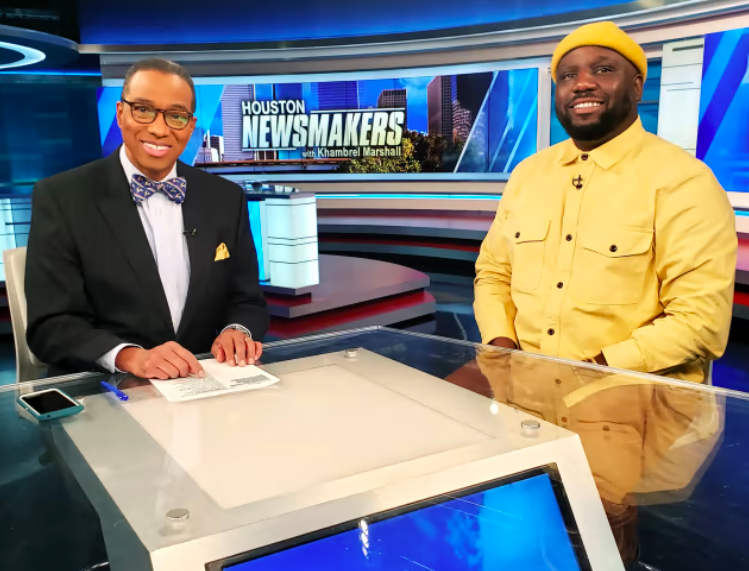In the Houston area, there is never a day when thousands of animals are not free to roam around our neighbourhoods. Animal shelters of all stripes are battling this issue.
The number of death at animal shelters is highest in Texas. Only four out of every ten dogs that enter an animal shelter get adopted, according to the Best Friends Animal Society. That implies that the others are put to death.
Responsible pet ownership is a never-ending struggle, according to Cory Stottlemyer, the Deputy Rescue Director for BARC, the City of Houston shelter facility.
He declared, “It’s a lifetime commitment.” People who wish to bring a pet home for the holidays especially need to be reminded of this at this time of year. Although it will take more than 15 years, this dog is lovely right now.
In contrast to BARC, the Houston Humane Society is a nonprofit organisation that relies solely on donations.
According to Macey Staes, marketing coordinator at the Houston Humane Society, “We try our best to make sure that every animal that comes through our doors gets the right medical treatment and gets their chance, a second chance is really our goal.” But it’s challenging because what do we do with those folks who keep coming in when there isn’t any more room?
You are welcome to participate in the KPRC 2+ Livestream Roundtable on Tuesday, December 7 at 2 p.m. because there is a lot to talk about regarding this topic.
Communities in Schools (CIS) of Houston has been working with school systems for 43 years to meet the educational needs of students.
With assistance from 300 community partners, CIS serviced more than a quarter of a million students the previous academic year.
The focus of Communities in Schools (CIS) has most recently expanded to include the students’ mental health, and Lisa Descant, CEO of CIS, adds that these connections and the outcomes of them have been encouraging.
Compared to their non-Black counterparts, Black males seek mental health treatment less frequently—less than 50% of the time.
One of the main causes of this disparity, according to the National Center for Health Statistics, is a lack of insurance.
However, Brian Ellison has been experiencing another reality. He required a type of healing that was unavailable in his community to deal with the worry and stress he witnessed and experienced as a result of both of his parents being behind bars and a grandparent stepping in to raise him. He founded the Black Man Project, a group therapy programme that focuses on the mental health recovery he claims his community needs.
“We discuss coping mechanisms and anger management techniques. We perform meditation and tapping. We discuss ways to have a healthier marriage. How to be a better friend to yourself and your future self, as well as what accountability looks like,” he stated.
There will be three free seminars in the 3rd Ward, with the first one taking place on December 10th. The programmes are sponsored in part by the Houston Arts Alliance and the BIPOC Arts Network and Fund.




















